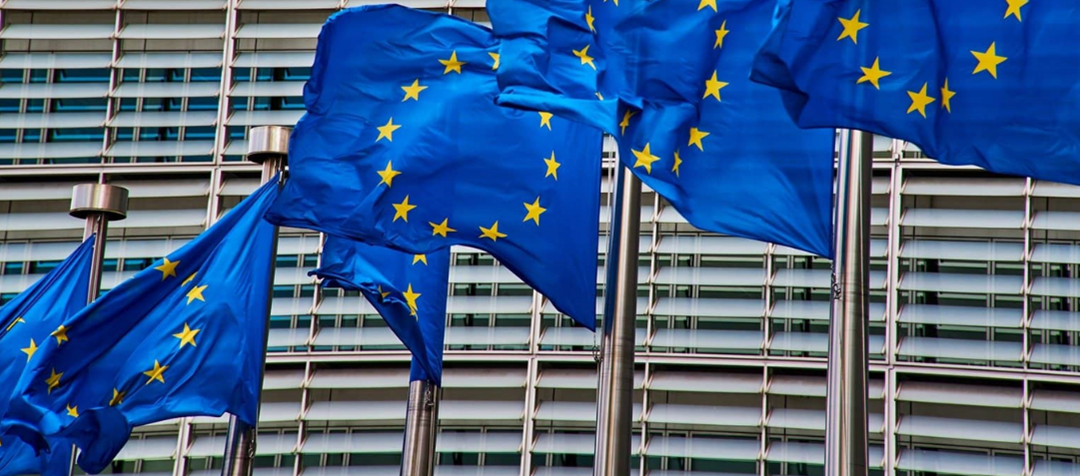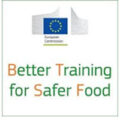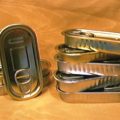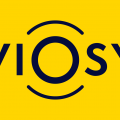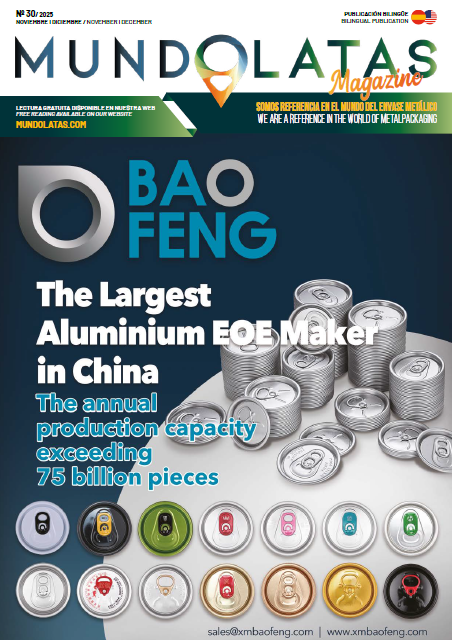The multinationals Crown and Silgan were fined 31.5 million euros by the European Commission for participating in the cartel relating to the sale of metal cans and closures in Germany. Both companies acknowledged their involvement in the scheme and agreed to settle the matter.
“Metal food cans and closures are part of every household pantry. We fined Crown and Silgan for illegally exchanging confidential commercial information and coordinating their commercial strategies at a time when the industry has been making the transition to less harmful cans and metal closures,” stresses Executive Vice President Margrethe Vestager, who is responsible for EU competition policy.
Specifically, the products affected by the cartel were metal closures, technically called ‘lids’ coated with BPA-free lacquers or lacquers containing BPA that are mainly used to close glass jars containing foods such as jam, vegetables, fruit, meat or fish, as well as metal cans also called ‘containers’ coated with BPA-free lacquers that are used to package, transport and store sterilized foods such as vegetables, fruit, meat, fish or juice.
The European Commission’s investigations revealed that, firstly, Crown and Silgan were exchanging full data on their annual sales volumes. Since each company had a solid base to strangle a large number of German customers with the ability or desire to purchase financial assets, the companies had no difficulty growing their business and accessing the German market.
That is why it was decided to impose a surcharge on supported products, such as metal cans and closures, and to apply a shorter cure recommendation with respect to BPA-related products. This allowed it to become strong in the market and to maintain its competitive efforts among themselves and especially in Germany.
The Commission’s investigation further revealed that the existence of a single and continuous infringement from March 1, 2011 to September 18, 2014. The fines were set on the basis of the Commission’s 2006 Guidelines on fines with respect to the documents now required to be registered and the twenty-day period.
Each year the Consumer Rights Commission took all cases of violation of the conditions set forth in Annex XVI, i.e. fines. Taking into account the serious nature of the infraction and its geographic scope, at least two fines were applied per infraction.
2016 was the year Crown illegally obtained a 50% reduction to its penalty for cooperating with the authorities’ investigation. The reduction was given because the evidence provided led the Commission to prove that he was involved in a cartel. However, the Anti-Corruption Commission applied a 10% discount to the fines imposed on the companies in view of their acknowledgement of their participation in the cartel and their responsibility in this respect.
Restrictive trade practices are illegal in the European Union. In addition, the European Commission created a tool to help individuals against illegal competition practices, however, they use an encrypted messaging system that protects the anonymity of the whistleblower. Persons or companies injured by the anti-competitive behavior may appeal to the courts of the Member States and claim damages.

